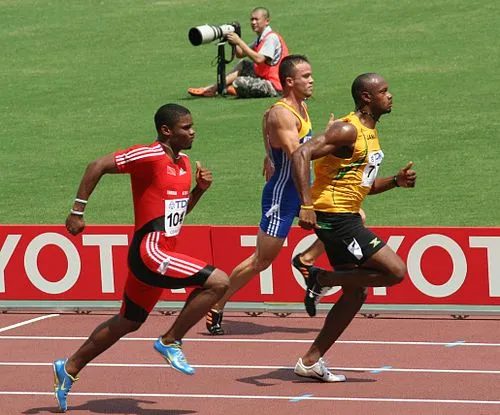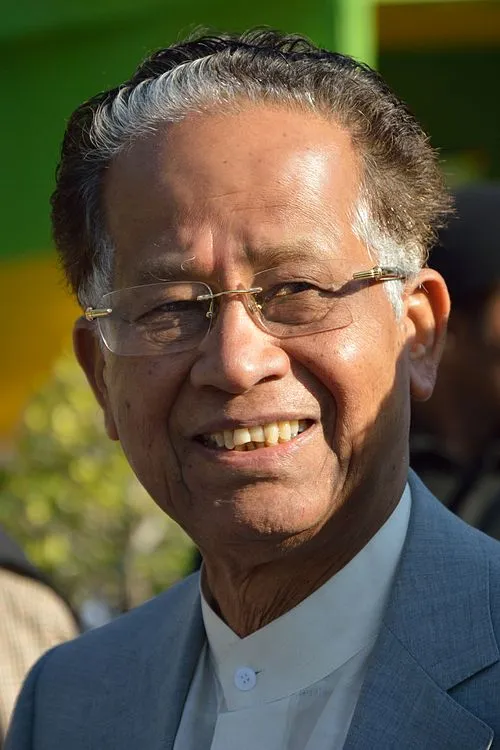In 2019, the last Sumatran rhinoceros in Malaysia, named Imam, passed away, marking the official extinction of this critically endangered species in the country.
On November 23
12
Important Days
51
Important Events
310
Births and Deaths
recorded.
Holidays and Occasions
Events
Births and Deaths

Alexander Nevsky: A Sacred Legacy in the Russian Orthodox Church
Alexander Nevsky, a prominent figure in Russian history and Orthodox Christianity, is celebrated for his profound contributions both as a military leader and a saint in the Russian Orthodox Church. His legacy transcends time, with his life symbolizing the ideals of courage, patriotism, and faith...

Blessed Miguel Agustín Pro: A Martyr of the Cristero War
Blessed Miguel Agustín Pro, a prominent figure in the history of the Roman Catholic Church in Mexico, is best known for his courageous stand during the Cristero War (1926-1929). As a Jesuit priest and martyr, his life and sacrifice continue to inspire countless people today...

Columbanus: The Legacy of a 6th Century Irish Saint
Columbanus, a name that resonates through the corridors of history, represents not just a singular life but a rich legacy of spiritual influence and cultural transformation. Born around 543 AD in what is now County Meath, Ireland, Columbanus became one of the most significant figures in Christian monasticism in Europe...

Felicitas of Rome: The Inspiring Martyr of Faith
Felicitas of Rome, also known as Saint Felicitas, was a Christian martyr whose life and deeds have inspired countless believers throughout the ages. Celebrated on November 23, she is particularly revered in the Catholic Church, and her story encapsulates the struggles, faith, and ultimate sacrifice faced by early Christians in Rome...

Paulinus of Wales: The Pioneer of Christianity in Early Britain
Paulinus of Wales, often overshadowed by his contemporaries, was a pivotal figure in the early establishment of Christian communities in Britain. His life and work were instrumental in propagating the faith across the region during the turbulent early medieval period...

Pope Clement I: A Pivotal Early Figure in Christianity
Pope Clement I, also known as Saint Clement of Rome, is one of the earliest leaders of the Roman Catholic Church. His papacy, which is traditionally dated from 88 to 99 AD, plays a significant role in the history of Christianity, influencing not only the Roman Catholic Church but also branches like the Anglican Communion and the Lutheran Church...

Understanding Trudo: A Model for Community Resilience and Sustainability
In today's world, the name Trudo, or Trond as some may know it, resonates with themes of unity, community, and adaptability. As urban landscapes evolve, Trudo emerges as a touchstone for individuals and communities seeking strength in togetherness and sustainable practices...

The Historical Legacy of Wilfetrudis (Vulfetrude): A Pioneer of Nobility
Wilfetrudis, also known as Vulfetrude, was a prominent figure in the early medieval period who played a crucial role in the formation of the Frankish nobility and its influence across Europe. Spanning the late 7th and early 8th centuries, her story intertwines with the rise of powerful dynasties and the cultural shifts that characterized the time...

Labor Thanksgiving Day: A Celebration of Work in Japan
Labor Thanksgiving Day, or Kinro Kansha no Hi (勤労感謝の日), is a national holiday celebrated in Japan on November 23rd each year. This day is dedicated to honoring the hard work and contributions of laborers and is a time for the Japanese people to express gratitude towards their laborers and innovative contributions to society...

Repudiation Day: A Historical Celebration in Frederick County, Maryland
Repudiation Day is an important event that resonates deeply within the community of Frederick County, Maryland. This day is a commemoration of the momentous decisions made by local citizens to break free from oppression and assert their rights...

Rudolf Maister Day: Honoring a Slovenian Hero
Rudolf Maister Day, celebrated on November 23, is a significant holiday in Slovenia, honoring the contributions of General Rudolf Maister to the nation’s independence and territorial integrity. As a key figure in Slovenia's history, his legacy extends beyond military prowess to embody the very spirit of Slovene identity...

Giorgoba: The Celebration of St. George's Day in Georgia
St. George's Day, known in Georgia as Giorgoba, is a significant cultural and religious holiday celebrated annually on November 23rd...

































